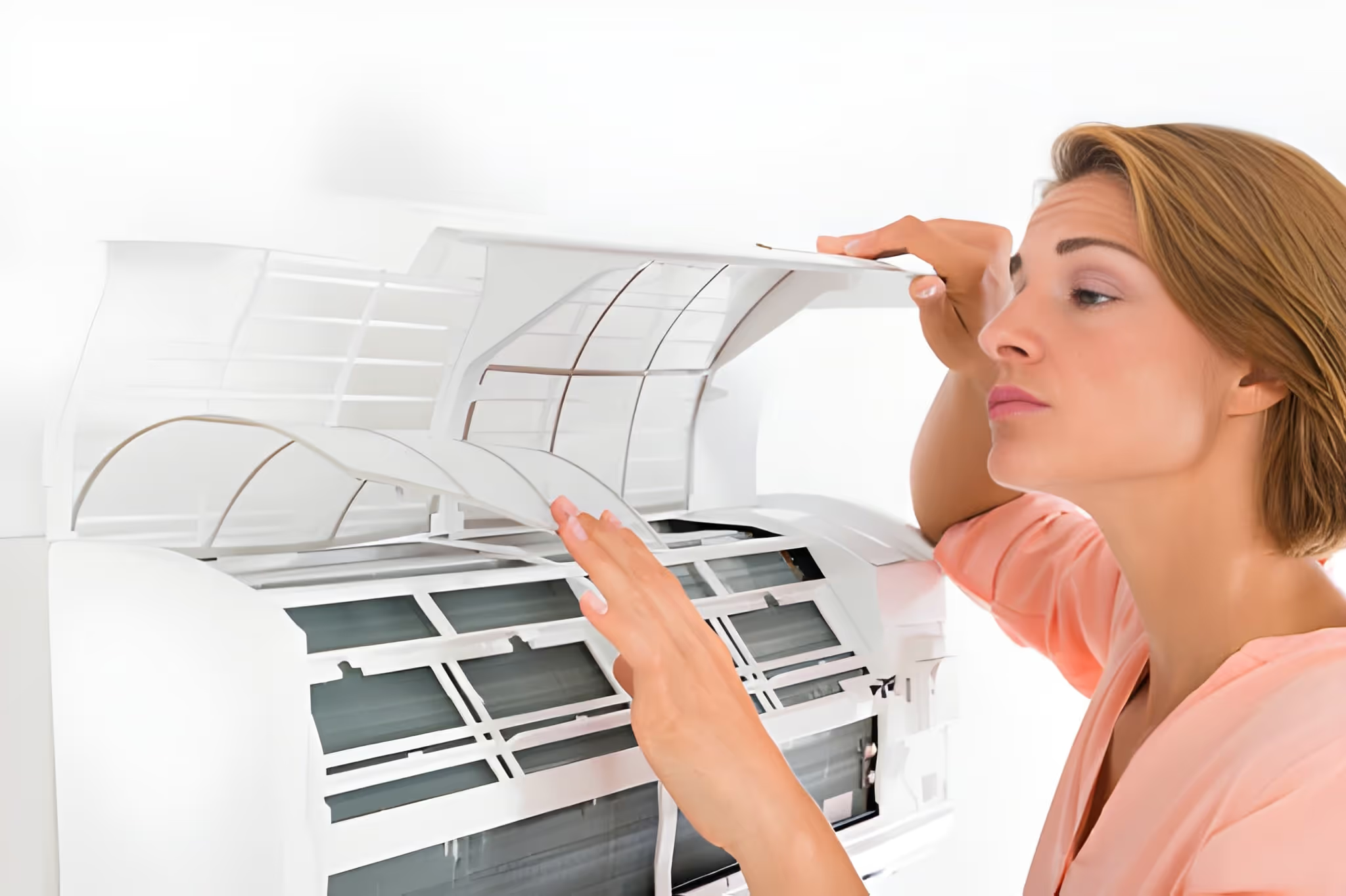Mini Split Tune-Up in Dallas, TX
Keeping a Mini Split operating at peak performance is especially important for Dallas homes where long, hot summers and seasonal dust and pollen put extra stress on cooling systems. A focused Mini Split Tune-Up in Dallas, TX protects comfort, reduces energy bills, and helps prevent mid-summer failures. Below is a clear, technician-driven overview of what a professional Mini Split Tune-Up covers, common local issues, the diagnostic process, and practical seasonal recommendations tailored to North Texas conditions.

Why a Dallas mini‑split Tune-Up matters
- Dallas summers push systems hard. Continuous high outdoor temperatures and humidity increase runtime and wear on inverter compressors and outdoor coils.
- Local dust, pollen, and construction debris accumulate quickly in filters and coils, lowering efficiency and indoor air quality.
- Timely Tune-Ups restore cooling capacity, improve airflow, limit ice-up risks, and help maintain manufacturer warranty requirements by documenting routine maintenance.
Common mini‑split problems homeowners see in Dallas
- Reduced cooling performance during the hottest days
- High energy use or noticeable jump in electric bills
- Intermittent cooling, short-cycling, or long run-times
- Weak airflow from indoor units or uneven room temperatures
- Musty or stale odors from clogged condensate drains or dirty coils
- Ice formation on indoor evaporator coils
- Unusual noises from indoor blower or outdoor compressor
- Electrical faults or loose connections after storms or power spikes
What a complete mini‑split tune‑up includes
A professional Tune-Up is checklist-driven and focused on the components that most affect reliability and efficiency.
- Blower and coil cleaning
- Remove dust and grime from indoor blower/fan and evaporator coil to restore airflow and heat transfer.
- Inspect and clean the outdoor condenser coil to improve refrigerant heat rejection.
- Filter replacement or cleaning
- Clean reusable filters or replace disposable types. Filters in Dallas often need attention more frequently because of pollen and dust.
- Refrigerant and pressure checks
- Measure system pressures and evaluate refrigerant charge against manufacturer specifications. Under- or overcharged systems reduce capacity and can damage the compressor.
- Electrical connections and safety checks
- Tighten terminals, inspect contactors and capacitors, and test control circuits and safety devices to prevent failures caused by loose connections or corrosion.
- Thermostat (controller) calibration
- Verify sensor accuracy and control settings so the indoor unit cycles correctly and maintains set temperatures.
- Airflow and temperature performance testing
- Measure supply and return temperatures to confirm proper temperature split and capacity. Check airflow across indoor unit and confirm correct fan operation.
- Condensate drain inspection
- Clear or flush drain lines and check pans to prevent clogs that cause water leaks or microbial growth.
- Checklist-driven reporting
- Deliver a written or digital report listing findings, measured values (temperatures, pressures, amp draw), recommended repairs or replacements, and prioritized next steps.
Typical tune‑up process (what technicians do on-site)
- Visual inspection of indoor and outdoor units, line set, and mounting hardware.
- Power off and disassemble indoor unit access panel for blower and coil cleaning.
- Clean or replace filters; vacuum and wash coils if required.
- Start system and record operating temperatures and airflow performance.
- Connect gauges to read refrigerant pressures and evaluate charge vs. manufacturer data.
- Test electrical components (contactors, capacitors, breakers) and measure compressor amp draw.
- Inspect condensate drain and trap, clear obstructions, and test drainage.
- Calibrate controller sensors and verify proper communication with outdoor unit.
- Compile a detailed service report with photos, measured data, and recommendations.
What the report will show and why it matters
A Tune-Up report is more than a checklist. Expect:
- Measured supply/return temperatures and the system’s delta-T
- Refrigerant pressure readings and a note on whether charge is within spec
- Electrical measurements including amp draw and voltage stability
- Condition notes for coils, blower wheel, filters, and drain system
- Prioritized recommendations (urgent repairs vs. suggested improvements)
- This documentation helps you track system health over time and is often required by manufacturers to preserve extended warranties.
Dallas-specific recommendations and timing
- Frequency: For Dallas homes, schedule a professional Tune-Up at least once per year and consider two visits (spring and fall). Spring Tune-Ups prepare the system for heavy summer use; fall Tune-Ups ensure it runs efficiently in shoulder weather and that condensate systems are clean after pollen season.
- Filters: Check reusable filters every 1–2 months during peak pollen season and clean as needed. Disposable filters should be replaced more often than the minimum recommended in dusty conditions.
- Outdoor care: Trim plants and clear debris around the outdoor unit to maintain airflow; wash the condenser coil if construction dust or heavy pollen is present.
- Humidity and drainage: High humidity increases condensate; confirm drain lines are clear and properly sloped to avoid water backup and mold.
Benefits of regular mini‑split tune‑ups
- Improved comfort and consistent indoor temperatures
- Lower operating costs through restored efficiency
- Fewer emergency repairs and extended system life
- Verified performance data for warranty and equipment records
- Better indoor air quality by removing trapped dust and biological growth
When to schedule a tune‑up (signs you need service now)
- Your system struggles to keep rooms at set temperature on hot days
- You notice increased electric bills without a change in usage
- Strange noises, odors, or visible leaks occur
- Indoor units show frosting or short cycling behavior
A professional, checklist-driven Mini Split Tune-Up in Dallas, TX is an investment in reliable comfort through the hottest months and a simple way to protect equipment against local climate stresses. Regular maintenance catches small issues before they become costly problems and provides clear documentation of your system’s condition and performance.

Flexible Financing Options
Explore our range of flexible financing options designed to suit your needs and budget.













